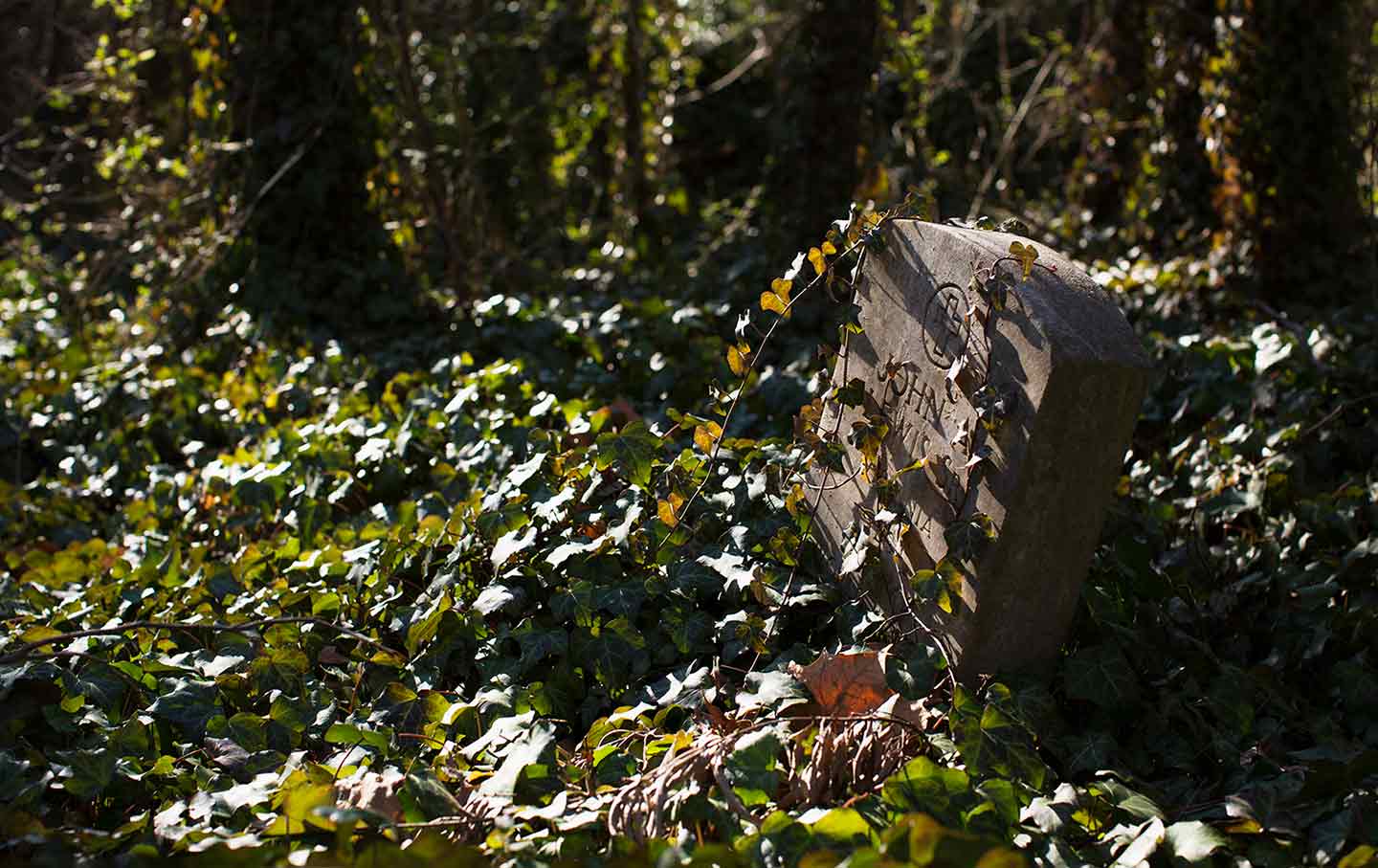This week, C-SPAN’s American History TV channel will rebroadcast “Death by Pancakes & Other Incidents in the History of New Light Evangelicalism,” a public lecture I presented online for the Newberry Library last May.
Here’s the official blurb from the original Newberry event:
In this illustrated lecture, historian Douglas Winiarski will explore the varied ways in which the people called “New Lights”—progenitors of today’s evangelical Protestants—resolved perplexing mind-body problems associated with their transformative conversion experiences. Winiarski will use engaging stories featuring an eclectic cast of religious radicals—hailing from New England and Maritime Canada to the trans-Appalachian west—to reveal how the transatlantic evangelical awakening of the 18th century fueled controversies over marriage, the family, sexuality, and the body.
And the full C-SPAN schedule:
Saturday, August 28: 4:00 p.m.
Sunday, August 29: 4:00 a.m. (for early risers!)
Sunday, September 5: 3:59 p.m. (sharp!)
Monday, September 6: 3:59 a.m. (seriously?)
Following the last airing, C-SPAN will archive the program on their free video library. It’s also available on the Newberry Library website.
Enjoy!






